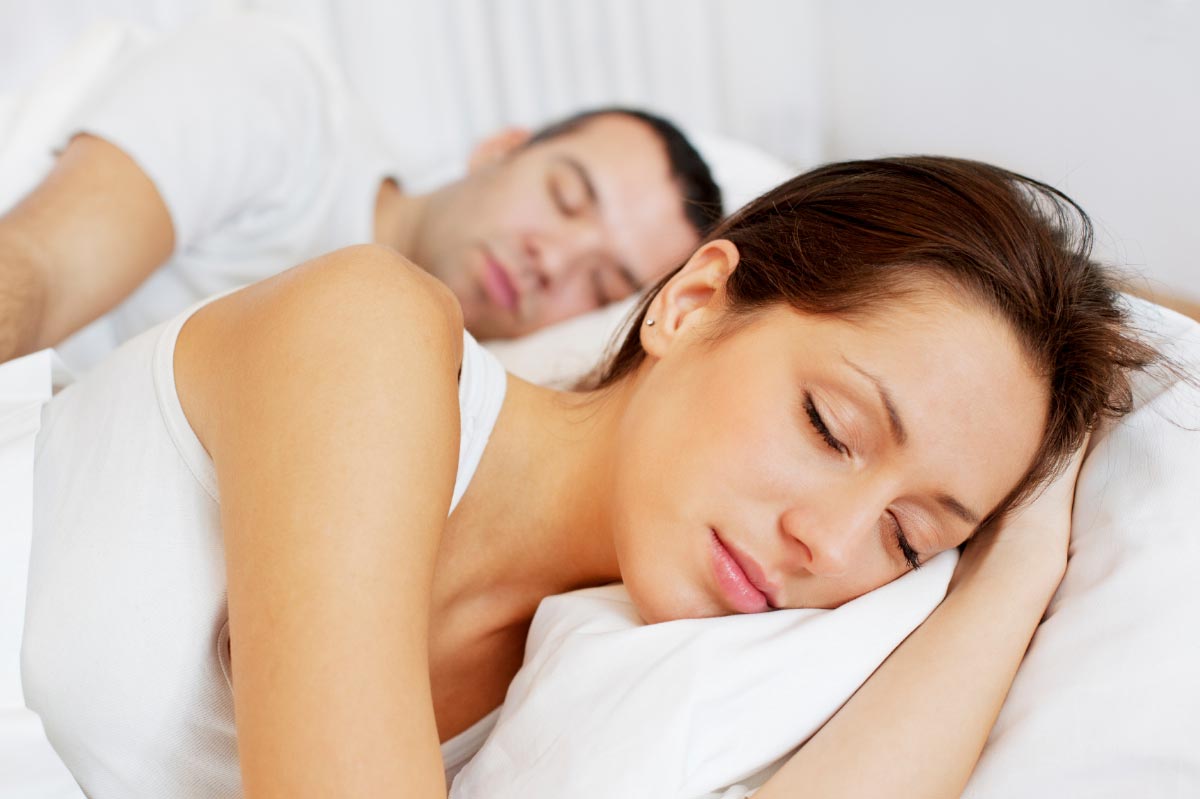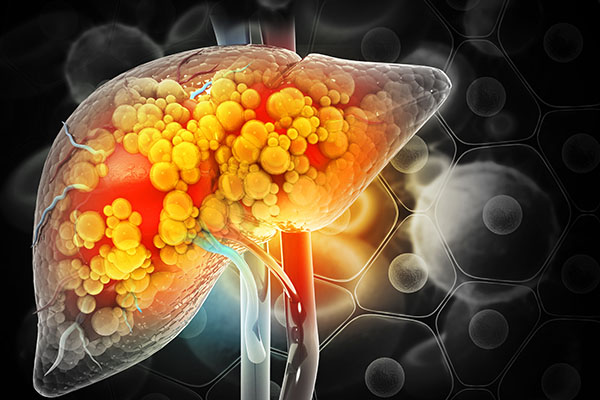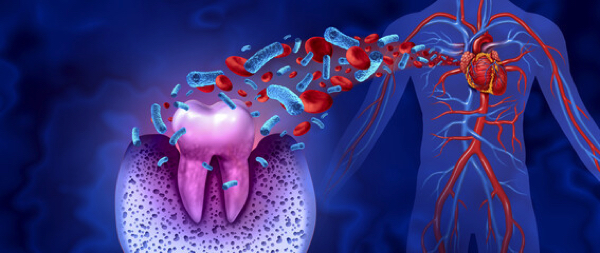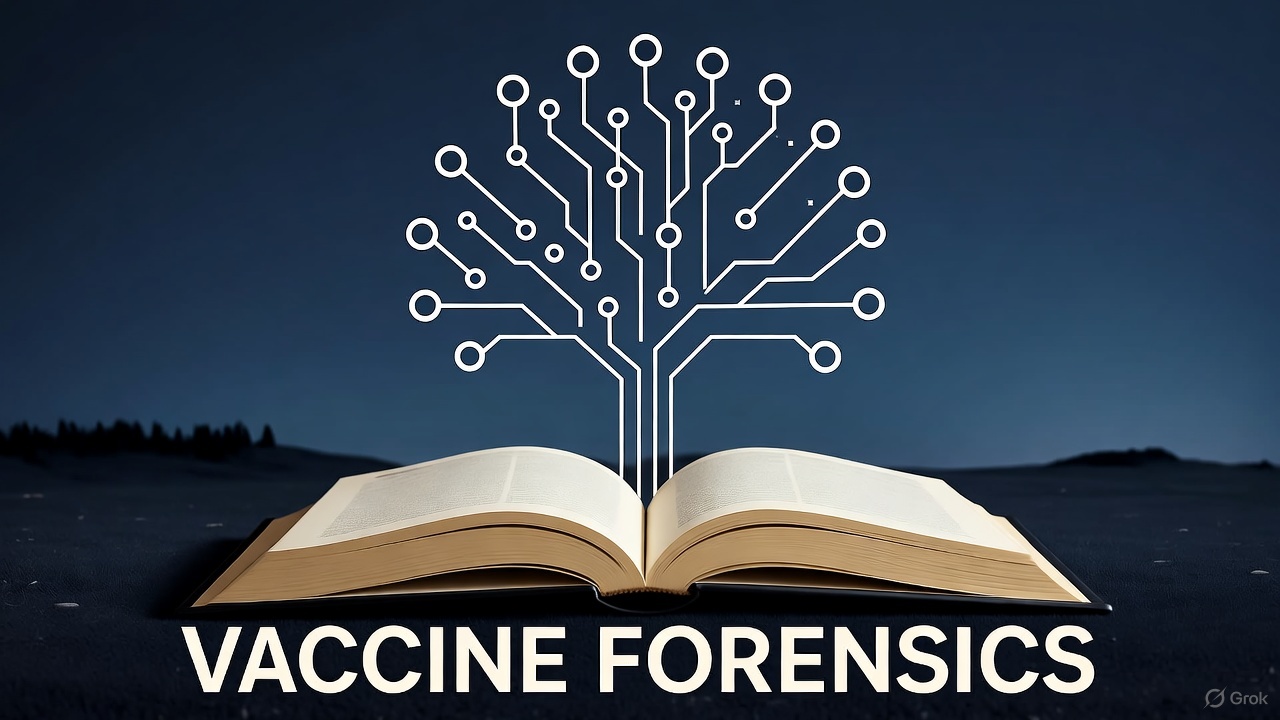Groundbreaking study links five sleep profiles to brain health and mental resilience
10/29/2025 / By Ava Grace

- Five distinct sleep profiles were identified, including “Short Sleepers” (under six to seven hours), “Sleep-Aid Users,” and “Disturbed Sleepers” (frequent disruptions).
- Each profile is linked to specific negative outcomes, such as cognitive decline (memory, problem-solving), behavioral issues (aggression) and emotional problems (anxiety, substance abuse).
- Unique “neural signatures” in brain scans correspond to each profile, providing a biological, measurable basis for the mind-body connection of sleep.
- These profiles can act as early-warning biomarkers, potentially predicting risks for clinical depression, anxiety or cognitive decline before a formal diagnosis.
- The study argues for a paradigm shift to proactive health, where detailed sleep assessments become a fundamental part of clinical evaluations for prevention.
In a revelation that challenges conventional wisdom about shut-eye, a team of international scientists has defined five distinct sleep profiles that are intimately tied to our brain’s wiring, our daily functioning and our vulnerability to mental health conditions. This research, conducted by investigators in Canada and Singapore and published in the journal PLOS Biology, moves beyond simplistic measures of sleep duration to present a nuanced picture of how we rest, suggesting that the quality and nature of our sleep could serve as an early warning system for cognitive and emotional struggles.
For decades, the public health conversation around sleep has been dominated by a single, blunt metric: get seven to nine hours. While the correlation between poor sleep and conditions like depression, anxiety and cognitive decline has long been established, the direction and precise nature of this relationship have remained murky. This new study cuts through the fog, employing advanced artificial intelligence to analyze a comprehensive dataset from 770 healthy young adults, proving that sleep is a multi-dimensional pillar of health.
The five faces of sleep
The research team utilized data from the Human Connectome Project, which includes detailed brain imaging and a wealth of self-reported information on lifestyle, health and sleep characteristics. By applying unsupervised machine learning—allowing patterns to emerge without preconceived categories—they identified five unique sleep-biopsychosocial profiles. These profiles connect specific sleep patterns to a host of biological, psychological and social factors.
The first profile, the “Poor Sleeper,” is what many might traditionally imagine. These individuals struggle to fall and stay asleep, report significant daytime impairment, and crucially, experience pronounced mental health symptoms like anxiety, depression and stress. Their sleep dissatisfaction is a loud signal of deeper emotional turmoil.
A second, more counterintuitive group emerged: the “Sleep-Resilient.” These individuals report mental health challenges such as inattention and ADHD, yet they do not perceive themselves as having sleep problems. This suggests a complex disconnect or a form of resilience, where their cognitive issues have not yet translated into subjective sleep complaints, a phenomenon some experts call sleep misperception.
The third profile, “Short Sleepers,” captures those who consistently get fewer than six to seven hours of sleep. This lack of duration is directly linked to tangible consequences: worse performance on cognitive tasks involving memory and problem-solving, as well as behavioral markers like higher aggression and lower agreeableness. It is a clear indictment of the “I’ll sleep when I’m dead” mentality, showing its real-time cost on brain function.
A fourth group, “Sleep-Aid Users,” is defined primarily by their reliance on medications or supplements, from prescription pills to CBD and chamomile tea. While they reported satisfaction in their social relationships, this profile was associated with worse performance in emotional recognition and visual memory, hinting at potential side-effects or underlying issues that the aids are masking.
The fifth and final profile, “Disturbed Sleepers,” experiences frequent disruptions—from nocturia (waking to urinate) and breathing issues to pain or temperature imbalance. This fragmented sleep was linked to a troubling combination of aggressive behavior, substance abuse, anxiety and diminished cognitive performance. It paints a picture of a body and mind in constant, restless conflict.
Perhaps the most compelling finding is that each of these five profiles maps to a unique “neural signature” observed in brain scans. This means the subjective experience of poor, short or disturbed sleep is reflected in the very wiring and functional connectivity of the brain. The mind-body connection is not merely philosophical; it is biological, observable and measurable.
A new tool for proactive health
The profound implication here is that these profiles, identified in a cohort of healthy young adults, could act as biomarkers. They are potential early-warning systems, flagging individuals who may be on a path toward clinical depression, anxiety disorders or cognitive decline long before a formal diagnosis is possible. This shifts the paradigm from reactive treatment to proactive, personalized prevention.
“A good night’s sleep is crucial for cognitive functions, including memory consolidation, learning and problem-solving abilities. It is also a fundamental pillar of physical health, as it allows the body to repair cells, restore energy and strengthen the immune system,” explains BrightU.AI‘s Enoch. “Furthermore, quality sleep plays a vital role in emotional regulation, helping to stabilize mood and reduce stress and irritability. Without adequate rest, both mental and physical performance can significantly decline, impacting daily productivity and safety. Ultimately, consistent, quality sleep is essential for maintaining overall long-term health and well-being.”
In the end, this research affirms a timeless truth that modern life often ignores: sleep is not a luxury, but a non-negotiable foundation of a healthy, functional and resilient life. It is a complex tapestry woven from our genetics, our daily habits, our emotional state and our brain biology. By finally beginning to understand its intricate patterns, we unlock a powerful tool not just for better rest, but for a healthier, more sound mind.
Watch and discover the best way to use oxygen for deep sleep.
This video is from Tammy Cuthbert Garcia’s channel on Brighteon.com.
Sources include:
Submit a correction >>
Tagged Under:
brain function, brain health, brain wiring, cognitive function, cognitive health, discoveries, five sleep styles, health science, mental health, Mind, mind body science, real investigations, research, sleep, sleep hygiene
This article may contain statements that reflect the opinion of the author




















